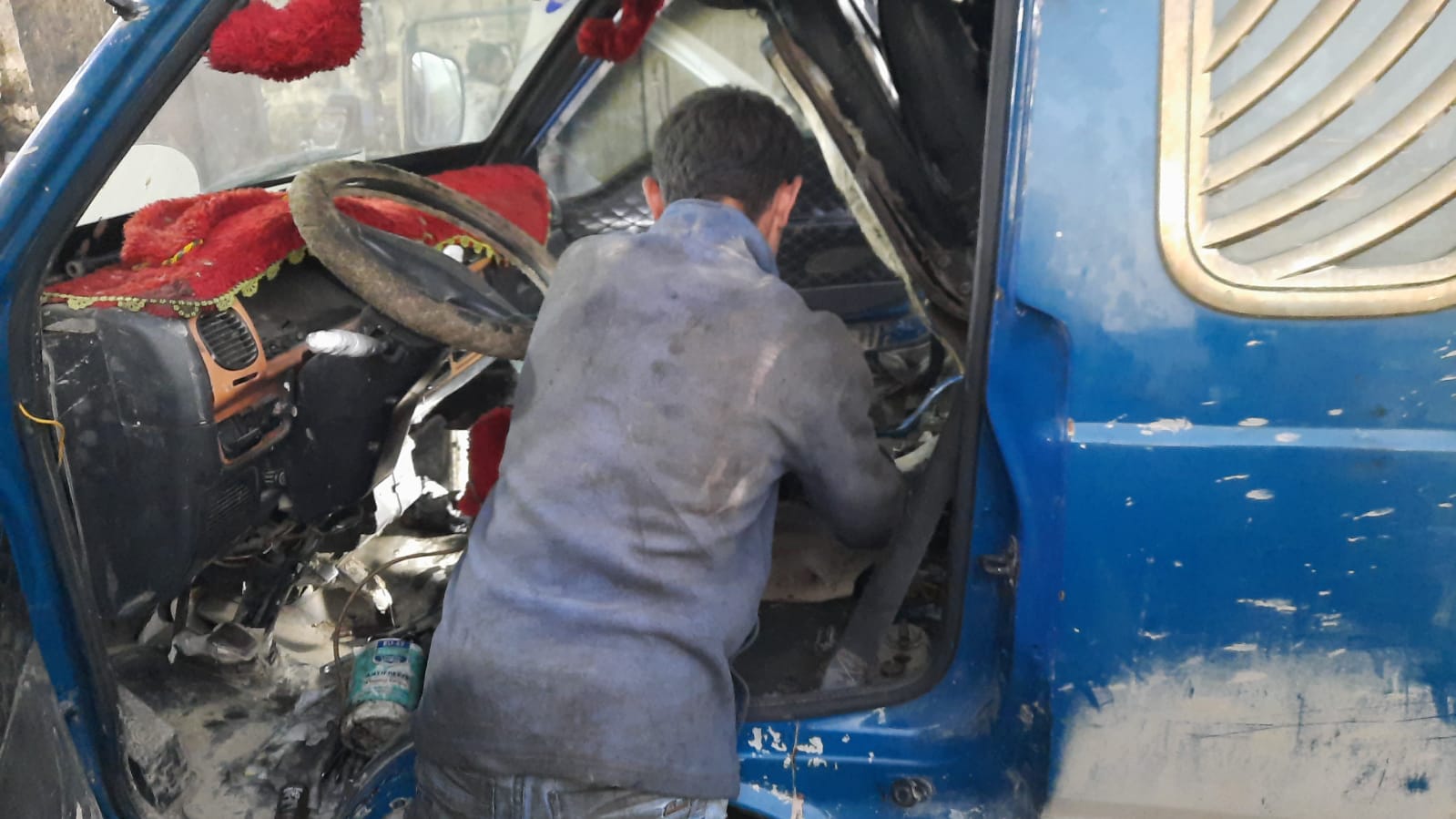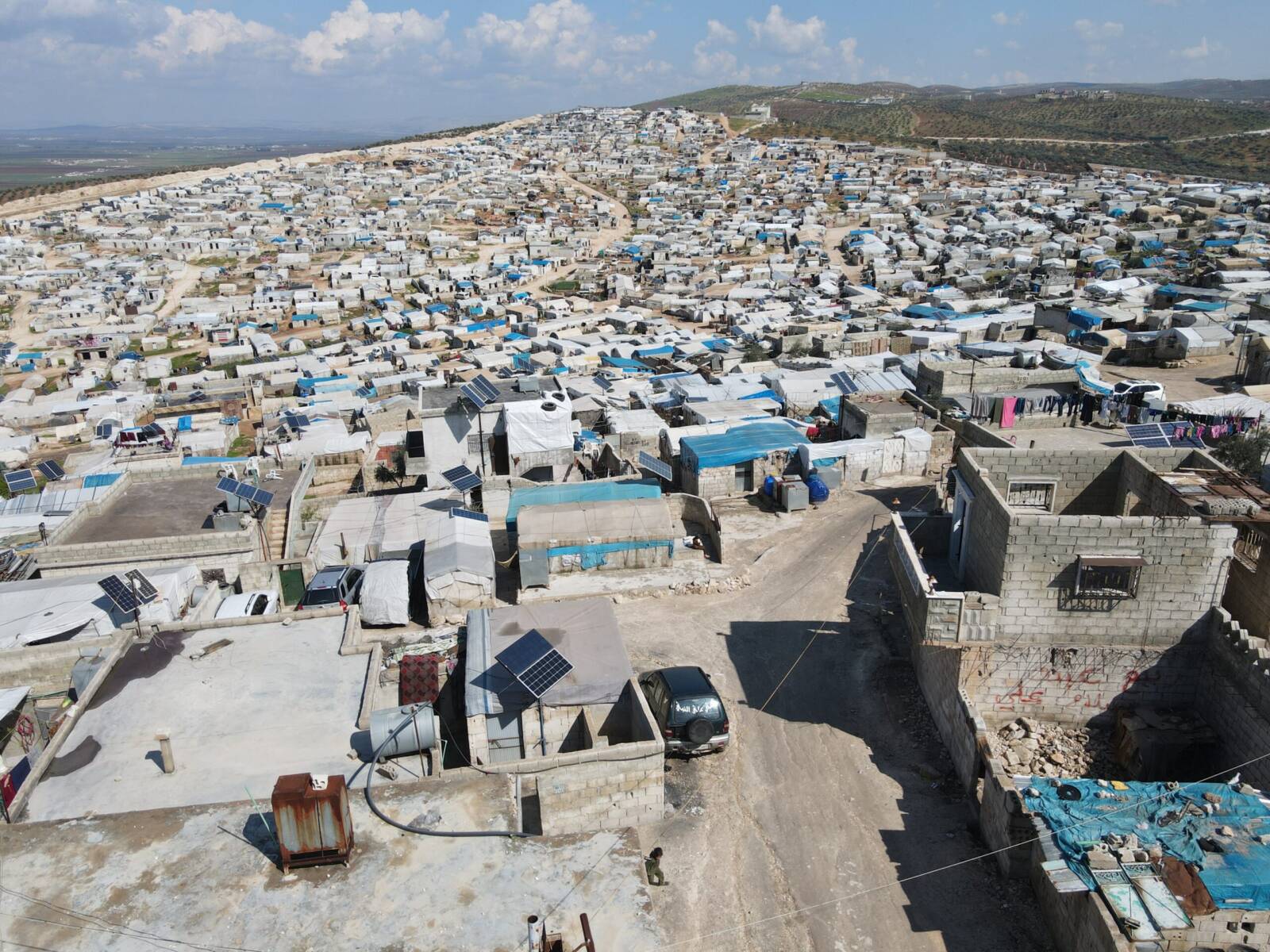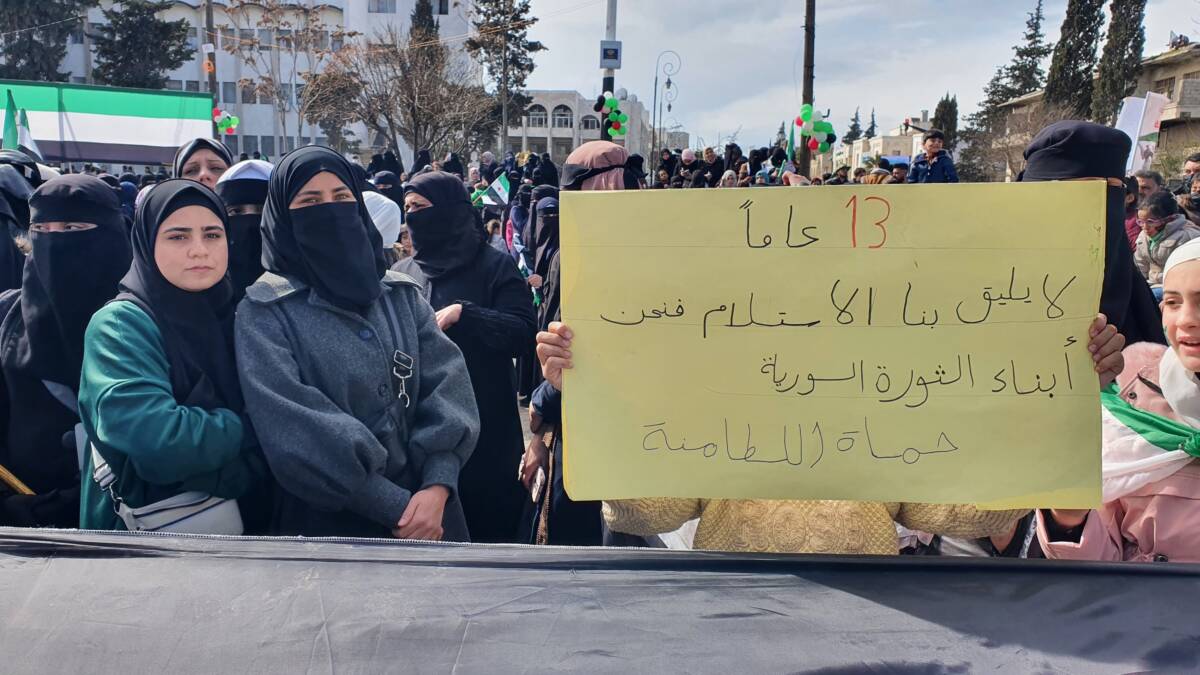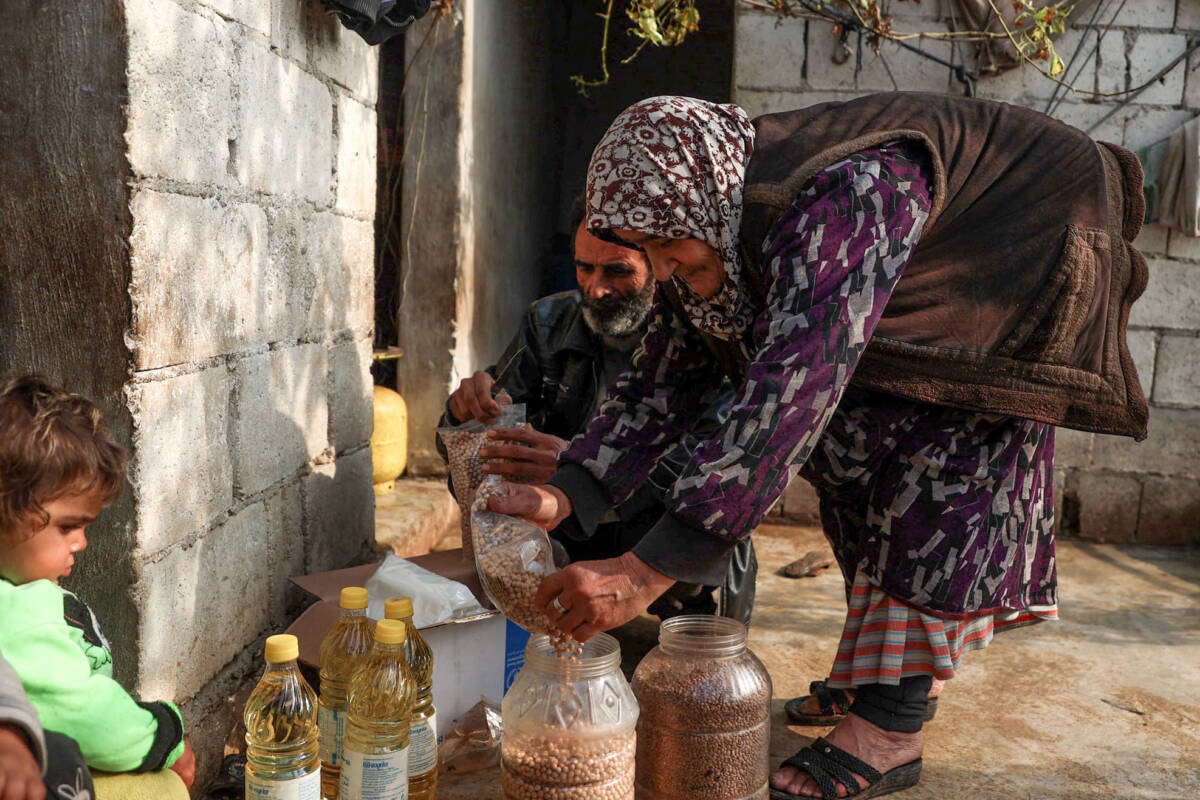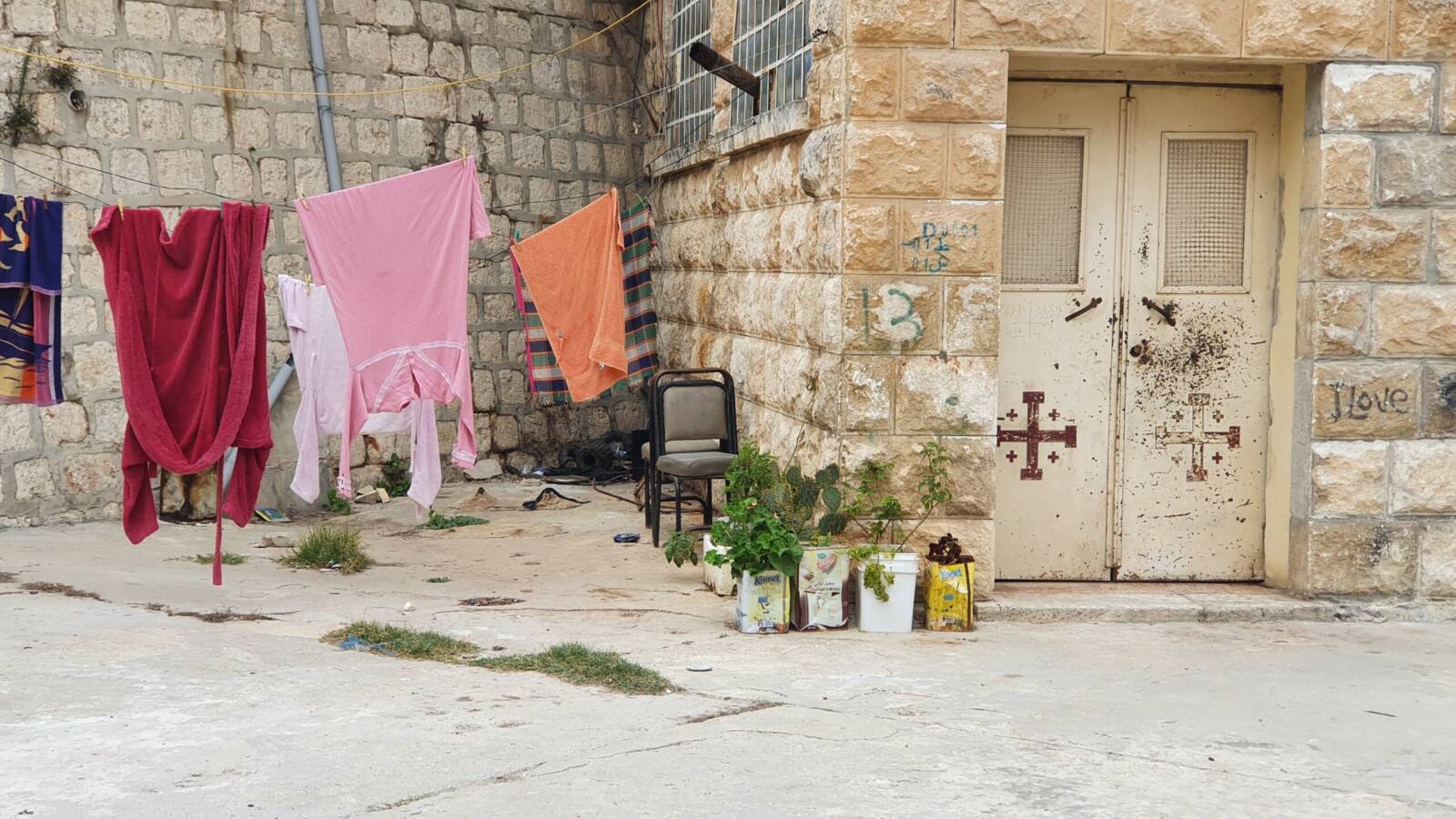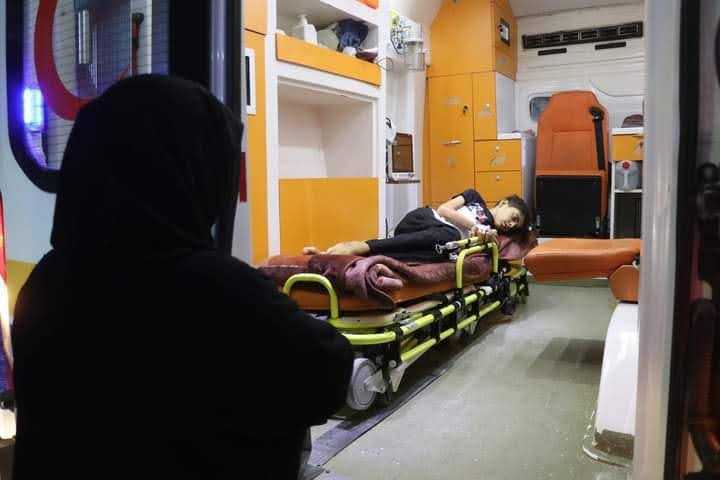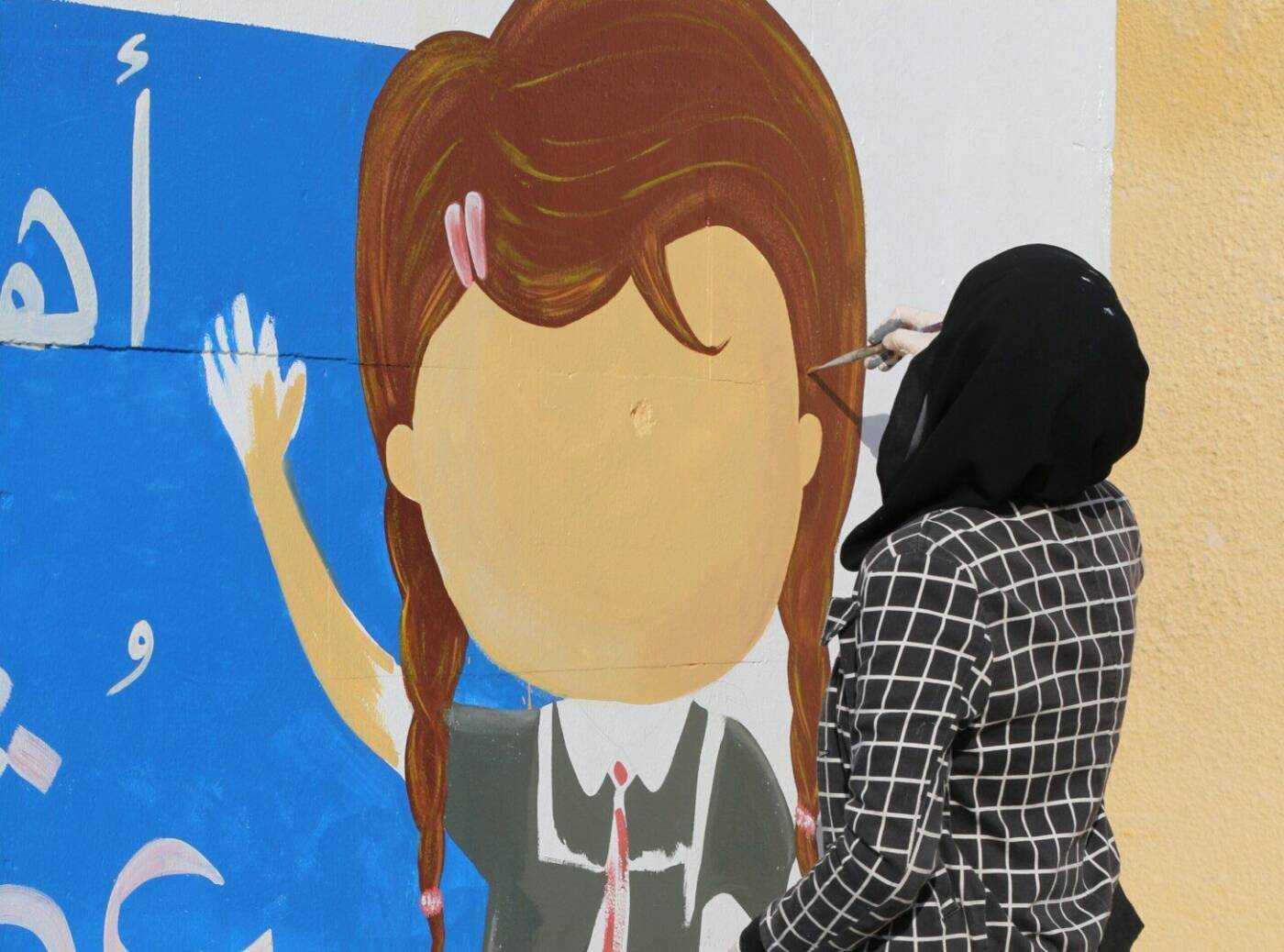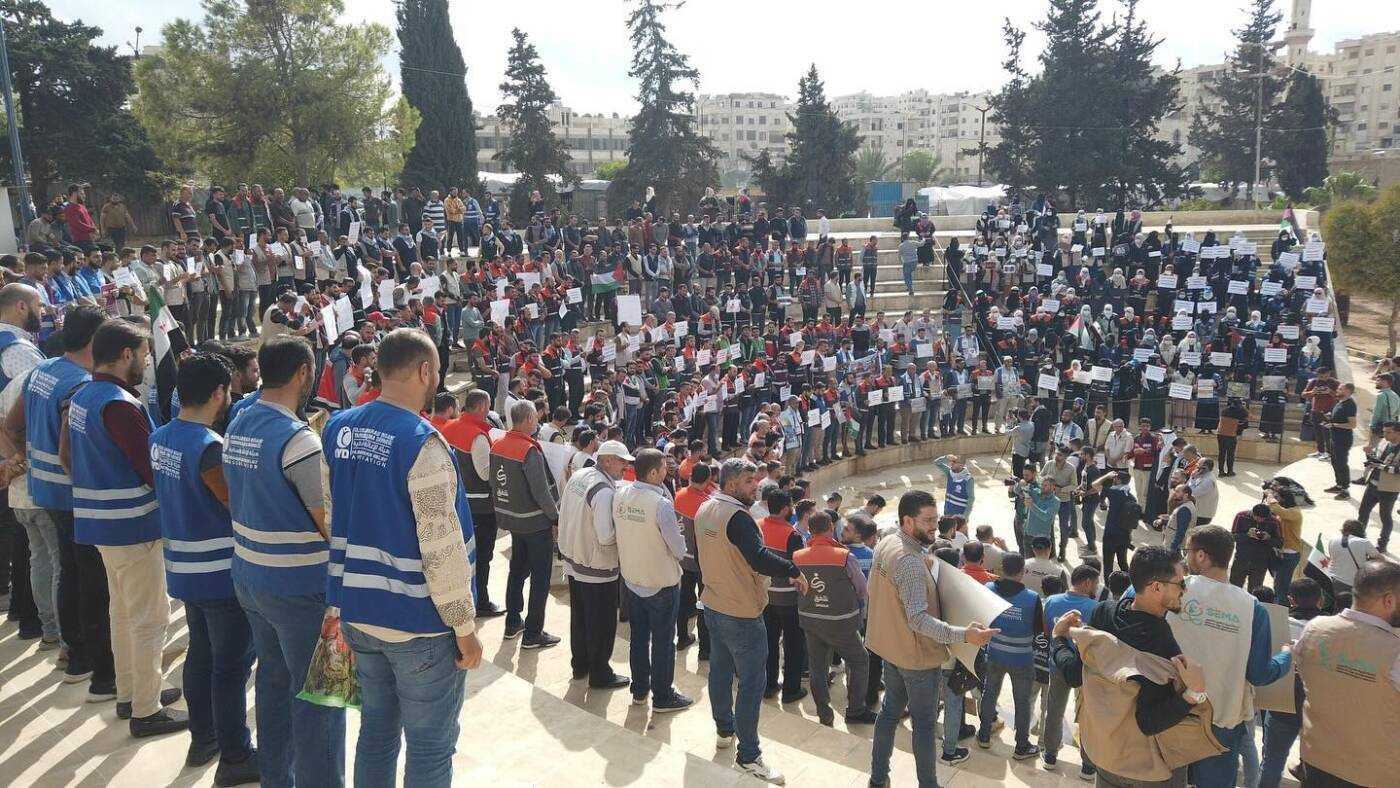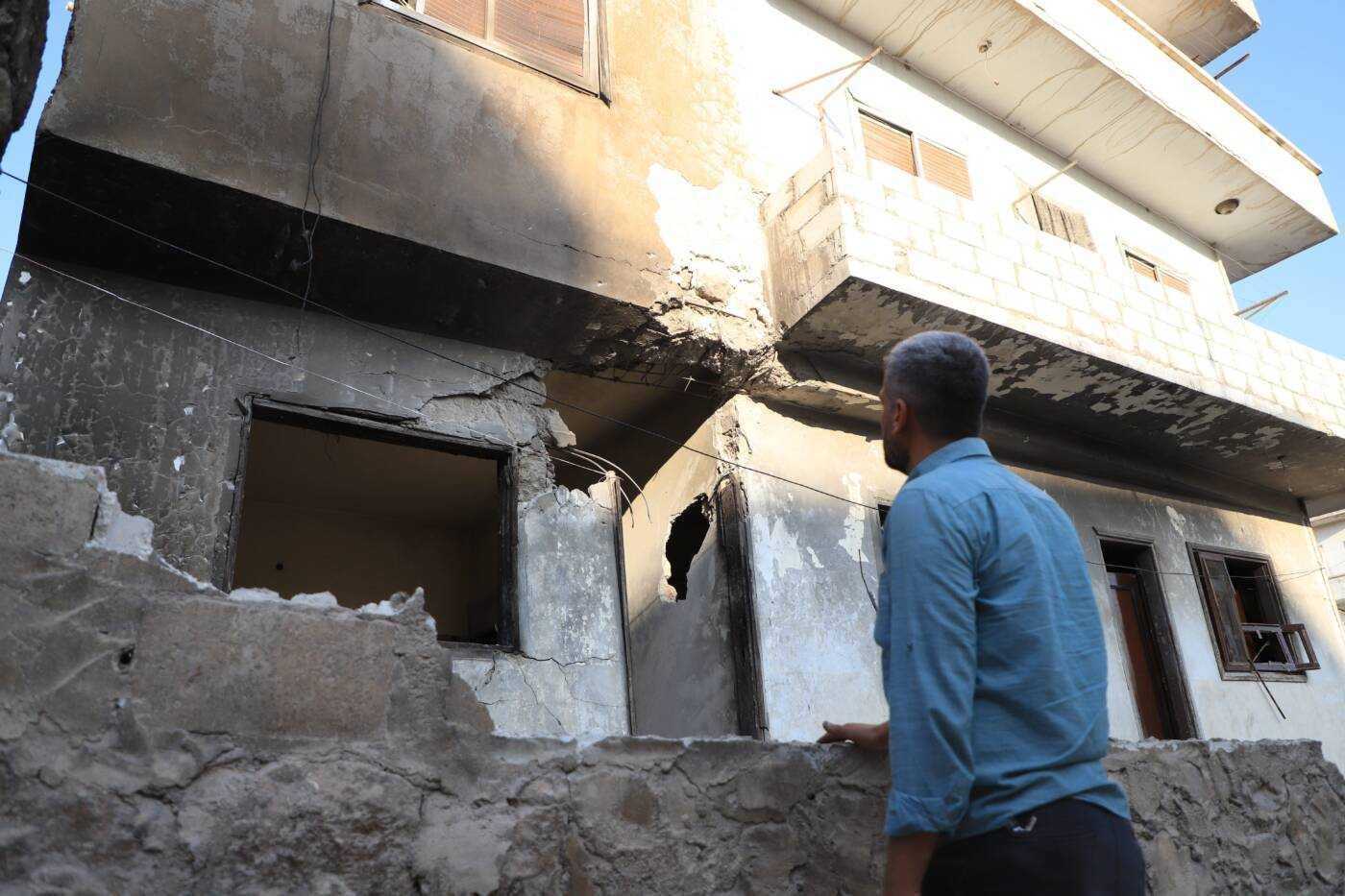A generation left behind: Poverty puts northwestern Syria’s children to work
Grinding poverty keeps thousands of children out of school and on the job in northwestern Syria. Across the country, more than 43 percent of children do not go to school, raising fears of a generation left behind.

